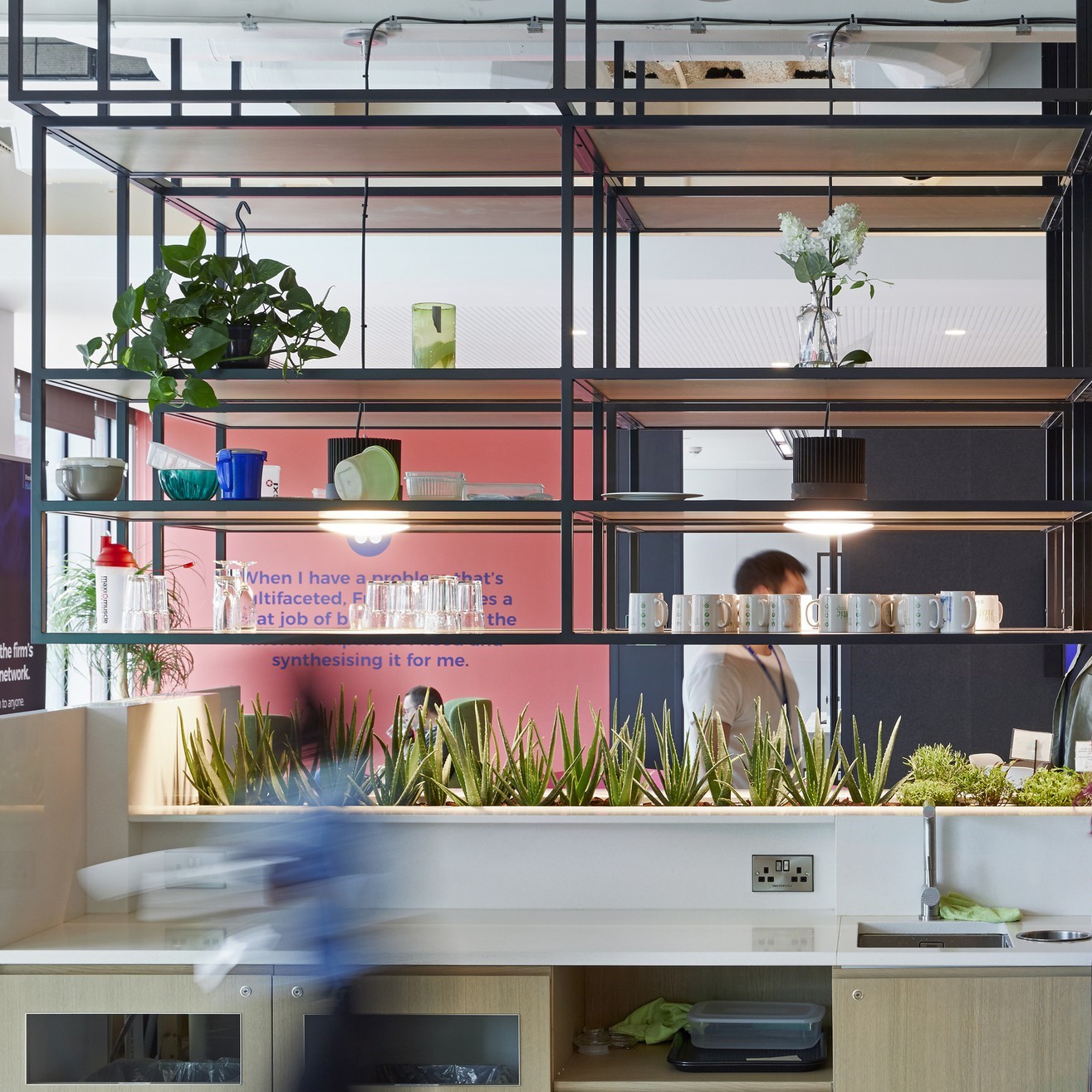To provide the best experiences, we use technologies like cookies to store and/or access device information. Consenting to these technologies will allow us to process data such as browsing behaviour or unique IDs on this site. Not consenting or withdrawing consent, may adversely affect certain features and functions.
The technical storage or access is strictly necessary for the legitimate purpose of enabling the use of a specific service explicitly requested by the subscriber or user, or for the sole purpose of carrying out the transmission of a communication over an electronic communications network.
The technical storage or access is necessary for the legitimate purpose of storing preferences that are not requested by the subscriber or user.
The technical storage or access that is used exclusively for statistical purposes.
The technical storage or access that is used exclusively for anonymous statistical purposes. Without a subpoena, voluntary compliance on the part of your Internet Service Provider, or additional records from a third party, information stored or retrieved for this purpose alone cannot usually be used to identify you.
The technical storage or access is required to create user profiles to send advertising, or to track the user on a website or across several websites for similar marketing purposes.
 Many British High Streets face a bleak future as policymakers are failing to identify a clear economic focus to city centre regeneration strategies. According to the Centre for Cities’ latest research, in partnership with Nationwide Building Society, success is defined by those policies that create skills, jobs and quality office space for businesses rather than currently accepted interventions such as cultural initiatives, business rate reforms and online sales taxes. (more…)
Many British High Streets face a bleak future as policymakers are failing to identify a clear economic focus to city centre regeneration strategies. According to the Centre for Cities’ latest research, in partnership with Nationwide Building Society, success is defined by those policies that create skills, jobs and quality office space for businesses rather than currently accepted interventions such as cultural initiatives, business rate reforms and online sales taxes. (more…)




































August 21, 2019
The office is increasingly able to recognise you, but will you recognise it?
by John Comacchio • Comment, Technology, Workplace design
(more…)